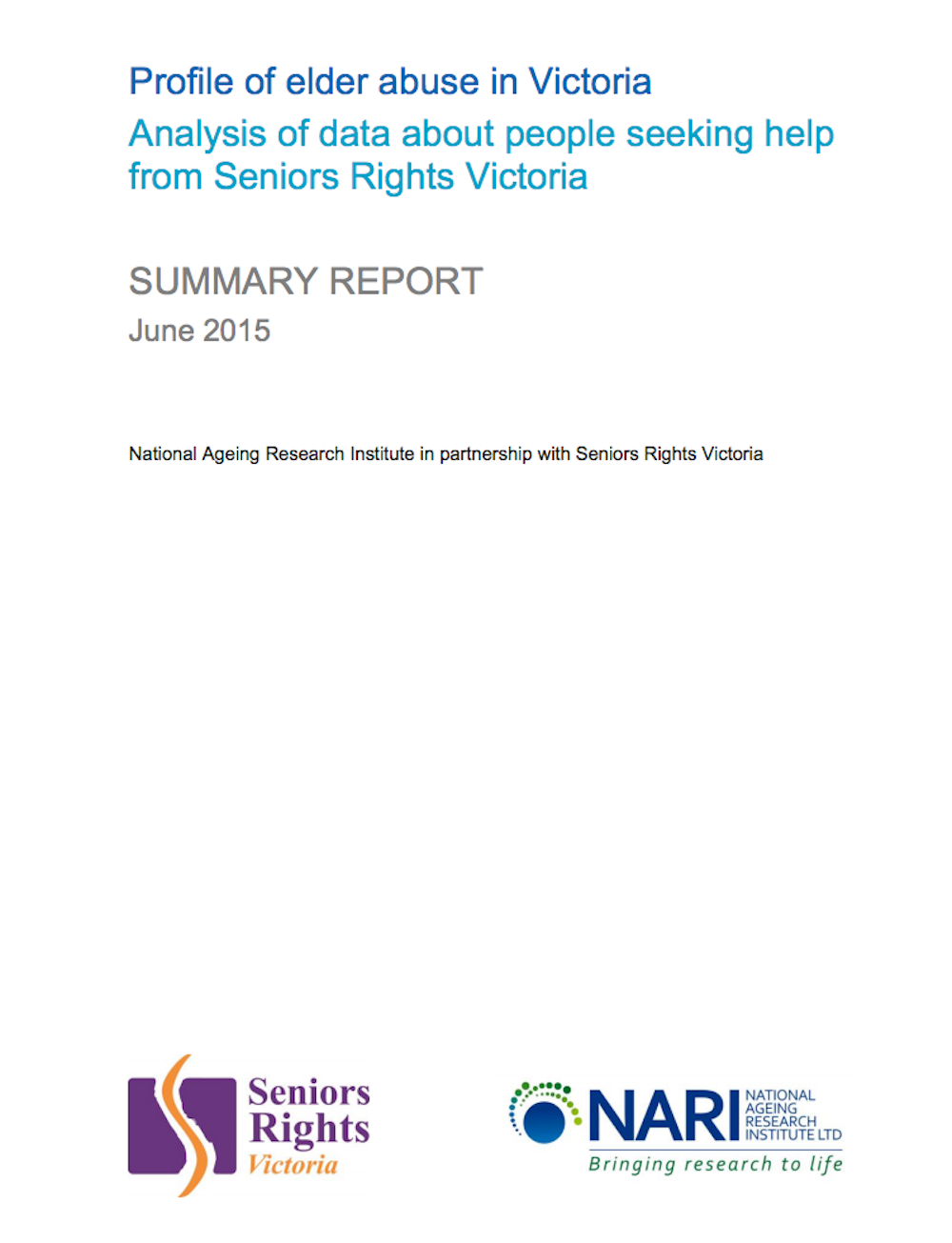
The new European data protection law requires us to inform you of the following before you use our website:

We use cookies and other technologies to customize your experience, perform analytics and deliver personalized advertising on our sites, apps and newsletters and across the Internet based on your interests. By clicking “I agree” below, you consent to the use by us and our third-party partners of cookies and data gathered from your use of our platforms. See our Privacy Policy and Third Party Partners to learn more about the use of data and your rights. You also agree to our Terms of Service.
3. Find help or alternatives.
If you suspect your parent is gambling simply because they are lonely or bored, try to find some other activities that might be of interest to them. Many communities have activities and clubs for seniors and many volunteer agencies rely heavily on retirees helping during the hours many others have to work. School districts and colleges also often offer low-cost or free classes for seniors. If you suspect that wagering is truly the draw and your parent might have a gambling problem, there are also steps you can take. You might wish to start with your parent’s physician, particularly if you have noticed new and unusual behaviors. Declining health, medications and ailments such as dementia can cause many problems, including poor judgment or impulse control, which can help fuel problem gambling. If health is not a factor, you can reach out to the NCPG’s National Problem Gambling Helpline at 1-800-522-4700. The 24/7 helpline can connect you with screening tools, local resources, and treatment facilities.

It’s not always easy to spot someone with a problem, especially if we aren’t living nearby or privy to their bank statement. And when it comes to our parents, most of us want to respect their choices and not treat them like they can’t manage their lives. But problem gambling can be destructive and if not addressed, can leave your parent embarrassed, financially strapped and stressed. While you can’t force your parents to stop gambling, taking some steps to provide them with resources and support will let them know your concerns and willingness to help them get better.
Elderly Parent With A Gambling Problem Will
A family member has a substance abuse problem and has influence over an aging parent with memory problems. Drug and alcohol dependency can make a liar out of just about anyone who has this issue. There are a number of reasons why seniors can be vulnerable to gambling problems. For starters, seniors are often catered to by casinos with free bus transportation, free or discounted meals, special rewards and other prizes as a way to entice them. While younger adults were more likely to have a parent, friend, or other relatives with a gambling problem, older adults were more likely to endorse having a spouse/partner with a gambling problem. There were no significant differences in the maximum amount spent per day between the two groups ( Table 2 ).